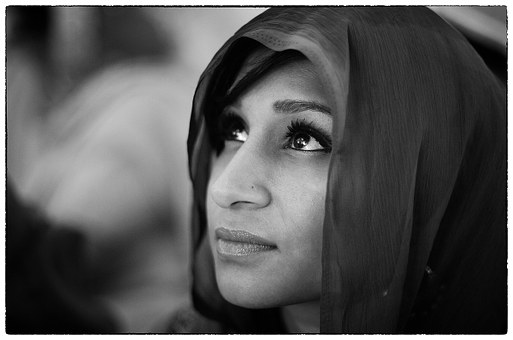Current Affairs affecting Africans around the World
- Blog Updates, Hear 2 Help You, Standard Blog
- africa, african, current, diaspora, ethiopia, issues, news, ontario, social reform, technology, toronto, tuesday
- November 7, 2018
Welcome to a new season on Hear 2 Help You. In case you haven’t noticed yet, things have changed a bit. I’ll be manning the ship for the next little while and I could tell you, it’s a little different not having my Queen in the studio with me. One thing I can say, is that the show must go on.
This season is all about education, news and community building. On today’s show, we talk affairs that are affecting us as African people.
Hope you enjoy the show.
[wonderplugin_video iframe=”https://www.youtube.com/watch?v=q42HZn8agMM” videowidth=600 videoheight=400 keepaspectratio=1 videocss=”position:relative;display:block;background-color:#000;overflow:hidden;max-width:100%;margin:0 auto;” playbutton=”http://hear-2-help.com/wp-content/plugins/wonderplugin-video-embed/engine/playvideo-64-64-0.png”]
Welfare reform is the Ford government’s next big project
We started our 1st segment unveiling information about Doug Ford and the Progressive Conservative Government here in Ontario. They are set to reveal details on reforming social assistance later this week, raising all kinds of questions. The last time this same government announced that they were making changes to social assistance, a lot of people suffered.
Currently there are approximately 1 million people in Ontario that receive social assistance through two programs, Ontario Works and Ontario Disability Support Program which costs the provincial government about 10 billion dollars.
Ontario Minister of Children, Community and Social Services Lisa MacLeod apparently gave herself 100 days to complete the changes citing that,
“her changes will make the social assistance system more sustainable, more user-friendly and better suited to the different needs of different parts of the province.”
Note: As of November 7th, The PC Government has announced that the welfare reforms are set to be released November 22, 2018.
Justice McLeod Disciplinary Court Case Nov 30
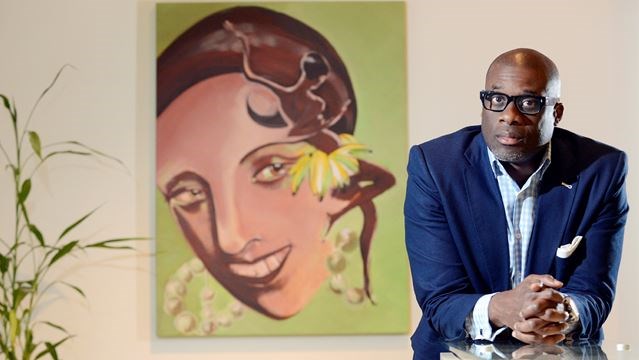
Justice Donald McLeod is facing possible sanctions for his role with the Federation of Black Canadians.
For those of us who are not familiar with the organization; the Federation of Black Canadians partnered with the Michelle Jean Foundation to host the National Black Canadians Summit in 2017.
In an article published this past August by the Toronto Star stating that the judicial council alleged that Justice McLeod was totally upfront with them when
“he sought advice from the ethics advisory committee of the Association of Ontario Judges.”
According to the council, Justice McLeod told them the Federation was not a lobby group and that
“his role as chair would be to ensure proper governance and procedure during the federation’s board meetings, according to the notice of hearing.”
This is interesting because the word lobby means to advocate with the intention of influencing decisions made by the government and our federal government did when they announced the federal budget. For the first time, Black Canadians were mentioned in the budget with an allocation of 19 million over the next 5 years to support mental health programs in our community.
After the council received more information about Justice McLeod’s role they had asked him to step down from his position and that
“His Honour’s conduct could negatively impact the confidence of members of the public in his ability to carry out his judicial duties fairly, impartially and without bias or prejudice.”
So many questions loom in the balance but the biggest one is, will this court case have any effect on the funds that were mentioned in the federal budget?
Time will only tell.
Justice McLeod’s hearing is set to begin Nov 30th.
Black-Owned Subscription Service Gives Patients 24/7 Access to Consult With a Doctor From Their Smartphone or Tablet
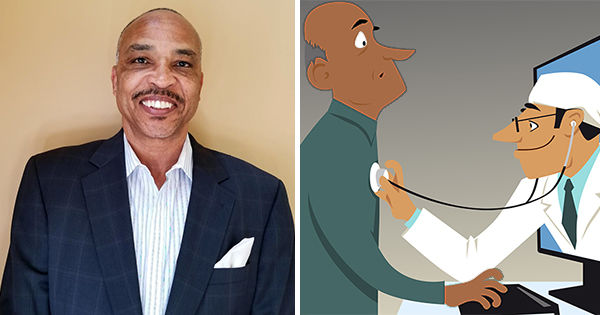
Entrepreneur Bill Wilson has established an innovative service that allows people (insured or not) to meet with a doctor instead of waiting hours in an emergency for one. So he created OnDoc.
OnDoc is a telehealth service that provides access to a doctor anytime, anywhere via phone, tablet, computer, or smart device for a virtual consultation. This could really revolutionize the health care industry.
Congratulations to Bill Wilson and his team over at OnDoc.
For more details and/or to sign up, visit www.on-doc.com
Introducing the First Ever Online Platform For Black and Minority Freelancers
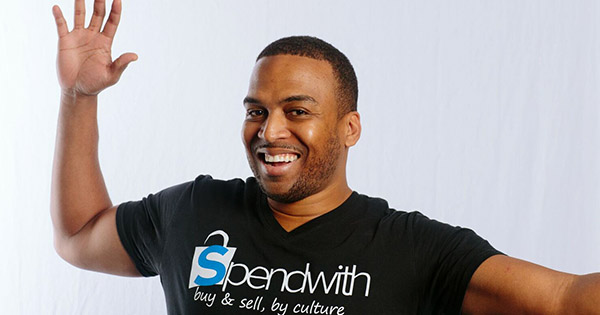
Incluzion.co is a new online platform that easily allows entrepreneurs to find and hire Black, Latin and Women freelancers based in the United States. Launched by Atlanta startup, Spend with Corp, the platform strives for more diversity & inclusion in the gig economy.
Incluzion’s founder, Spend With Corp CEO, Jibril Sulaiman, says,
“I eventually recognized that there were freelancers located in the US with the skills to get the job done, at rates comparable to the global market. However, I only understood after becoming a freelancer myself, in 2016, that even though I was qualified and was willing to hustle by lowering my rate, I still couldn’t compete.”
Although US based, this could be a game changer.
To learn more regarding signing up as a client or freelancer on Incluzion, visit https://incluzion.co.
Ethiopia Makes History by Electing Its First Ever Female President
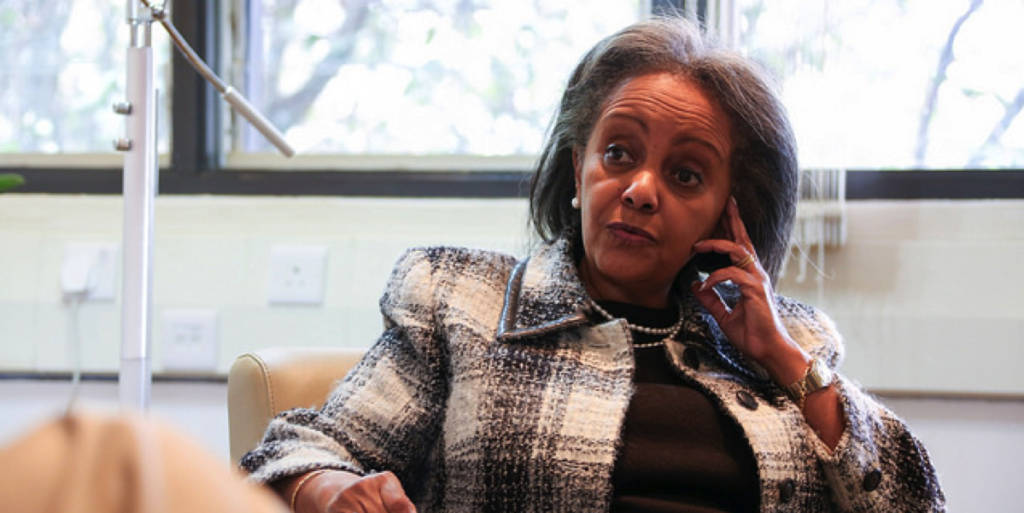
For the first time ever, the President of the Federal Democratic Republic of Ethiopia is a woman, Sahle-Work Zewde.
Born in the capital city of Addis Ababa, Sahle-Work served as the Ethiopian Ambassador to France, and was also the first woman to become the United Nations Secretary-General’s Special Representative to the African Union and Head of the United Nations Office to the African Union (UNOAU) at the level of Under-Secretary-General.
We would like to take the time to salute newly elected President Sahle-Work Zewde.
Lost-Found ‘Negro’: Never-Before-Seen Chapter From Autobiography of Malcolm X Open to the Public
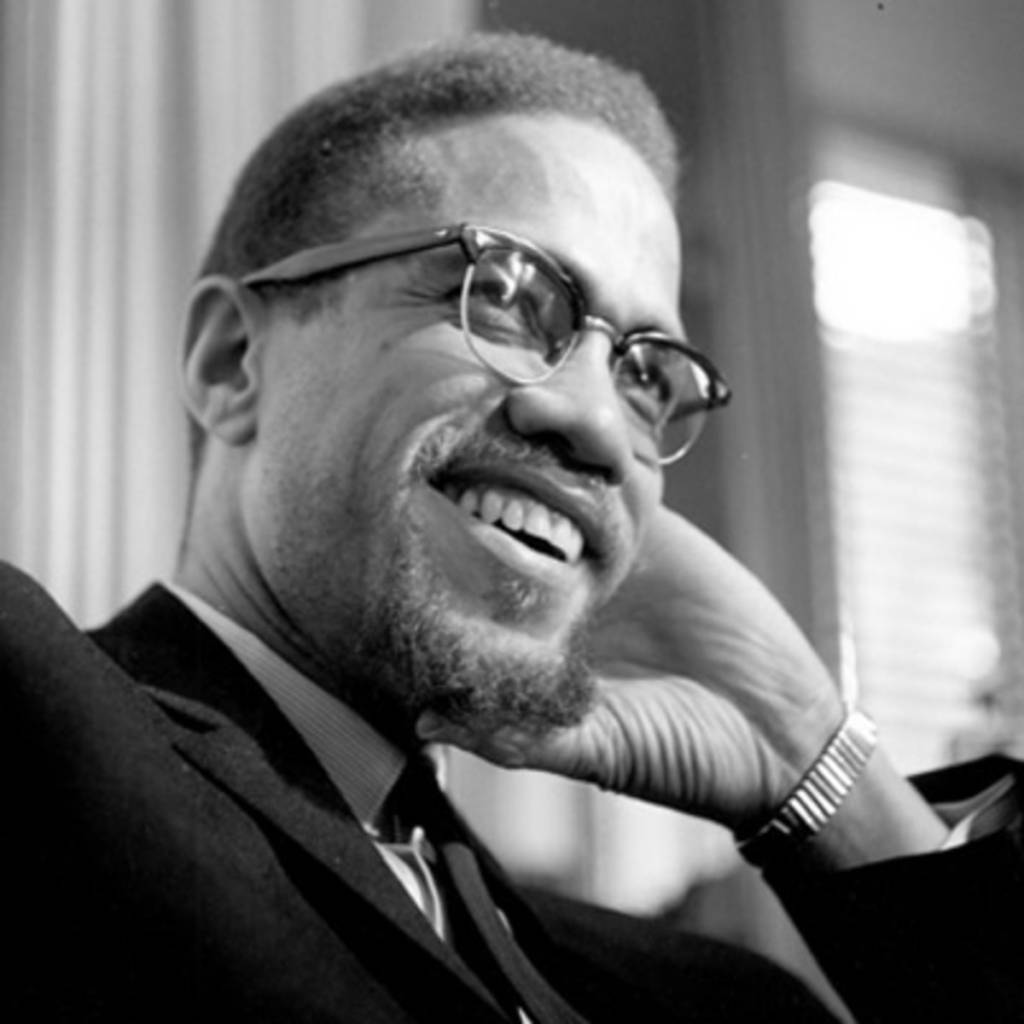
For a lot of us, The Autobiography of Malcolm X is an inspiring piece of literature. It gave us an insight into this iconic figure but it also gave some of us an introduction into an African consciousness.
In July, the Schomburg Center for Research in Black Culture announced their acquisition of an unpublished chapter from The Autobiography, in addition to never-before-seen manuscripts and notes, written in Malcolm’s hand.
The chapter called The Negro is said to have a different feel from the final manuscript.
The papers will be on display at the Schomburg Center for Research in Black Culture until the end of this week.
The adoption of Kiswahili as Africa’s common language
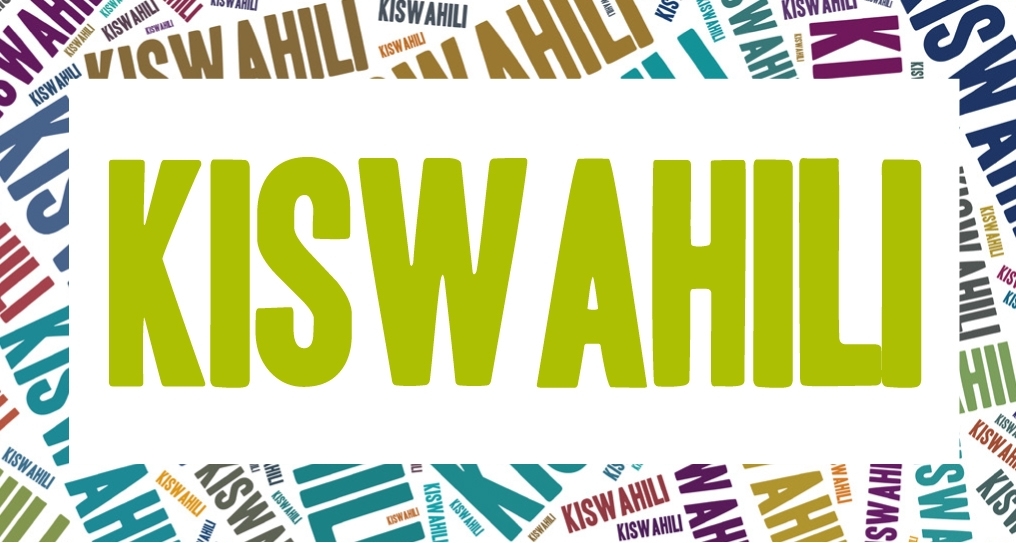
As we all know, language is a thing that unites us all. If we speak a common language, there’s a sense of comradely among us all. As Kemitu Bey, an African Centred scholar puts it,
“Language is key, as it capitulates the culture, and if we speak the language, we express the culture.”
As one of the items that we lost in our Maafa (which is Kiswahili for the Great Disaster), it’s no doubt that there has been more speech in our circles regarding the adoption of Kiswahili as an official common language. From Professor James Smalls to even South African Economic Freedom Fighters (EFF) leader Julius Malema has called for the adoption of Kiswahili as Africa’s common language.
With approximately 100 million people who speak the language, learning Kiswahili would begin the process of connecting us all to the Motherland.
For starters, there is no Swahili tribe. So the language has a neutral quality and serves to unify the continent.
Origins
The Swahili language developed among the descendants of Arabs who settled along the eastern coast of Africa. Their earliest known settlement is believed to date to 689 C.E. The Arabs married African women, principally those of the Bantu tribe. Thus Swahili has its basis in the Bantu languages, but is greatly influenced by the language of the Arabs and Indians. The name Swahili comes from the Arabic word “swahil,” meaning “coasts,” which identifies the place of origin of the tongue.
In the book, Spiritual Warriors are Healers, Mfundishi Hassan K. Salim tells us that
“the late Dr. Cheikh Anta Diop has traced a large percentage of Kiswahili words back to the Medw Ntchr (Ancient Egypt).”
All in all, what we are emphasizing is that by starting to learn this African language, not only do we begin the process of connecting us to our African brothers and sisters all over the world but also we begin the process of the Pan-Afrikan Unity we so desperately seek.
For those who are interested in learning Kiswahili, you could check out swahilipod101.
Till next week.
